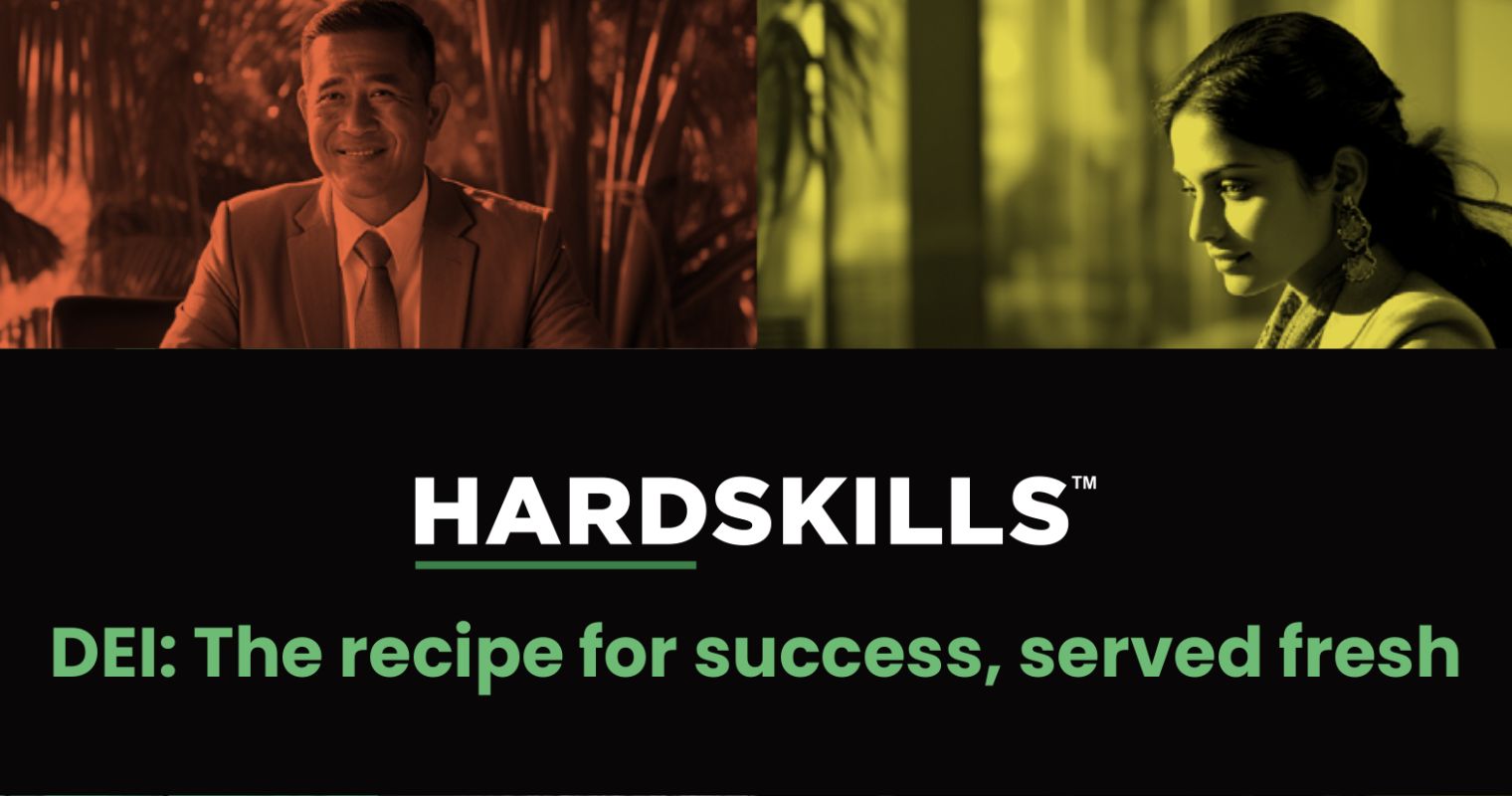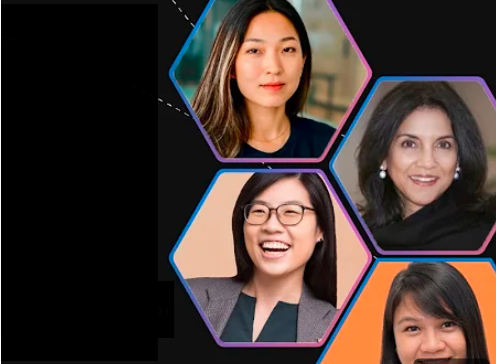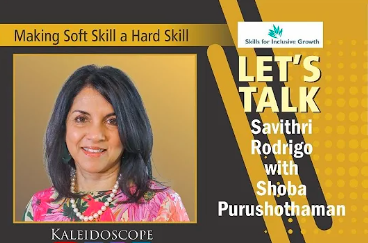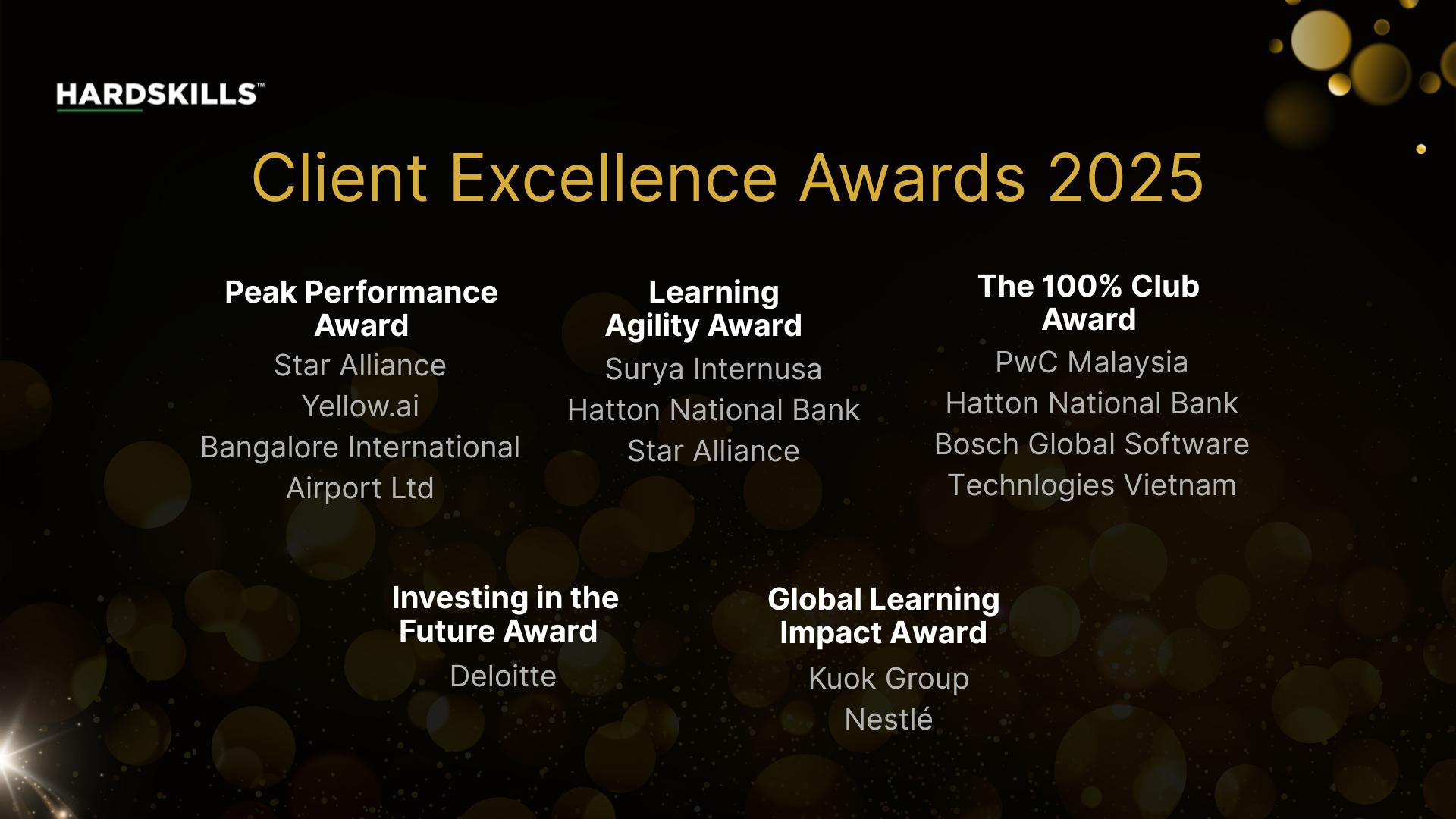
DEI Guide
A diverse mix of voices leads to better discussions, decisions, and outcomes for everyone."
- Sundar Pichai, CEO of Alphabet Inc.
While companies recognize the importance of DEI, many see their programs not reaching their full potential. The reason?
Thank you! Your submission has been received!
Oops! Something went wrong while submitting the form.






.png)

